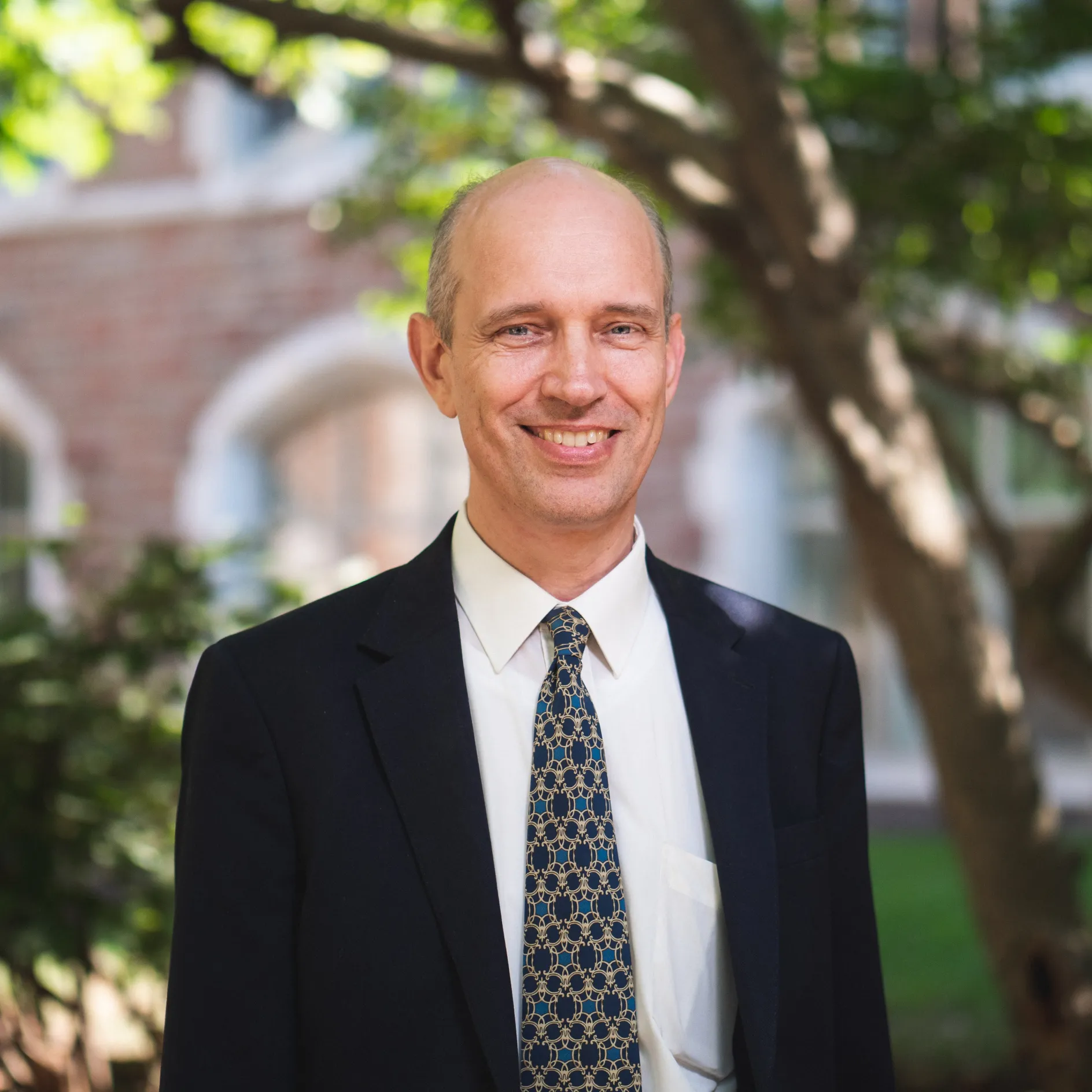Professor Alford's research seeks to understand the properties of matter at ultra-high density, such as might be reached in the core of a neutron star, where atoms and even nuclei are crushed into exotic phases of unimaginable density.
One of the main aims of Alford's work is to find signatures of the presence of color superconducting quark matter in neutron stars. His work therefore incorporates aspects of particle physics, nuclear physics, condensed matter physics, and astrophysics. In the past he has worked on numerical lattice QCD calculations, developing improved actions that greatly increase the efficiency of these computations, and also looking for ways to apply numerical methods at high density.
Professional History
2010-present: Professor, Washington University
2007-2010: Associate Professor, Washington University
2003-2007: Assistant Professor, Washington University
2000-2002: Lecturer, University of Glasgow
1998-2000: Research Scientist, Massachusetts Institute of Technology
1995-1998: Member, Institute for Advanced Study, Princeton
1992-1995: Research Associate, Laboratory of Nuclear Studies, Cornell University
1990-1992: Postdoctoral researcher, Institute for Theoretical Physics, University of California, Santa Barbara



